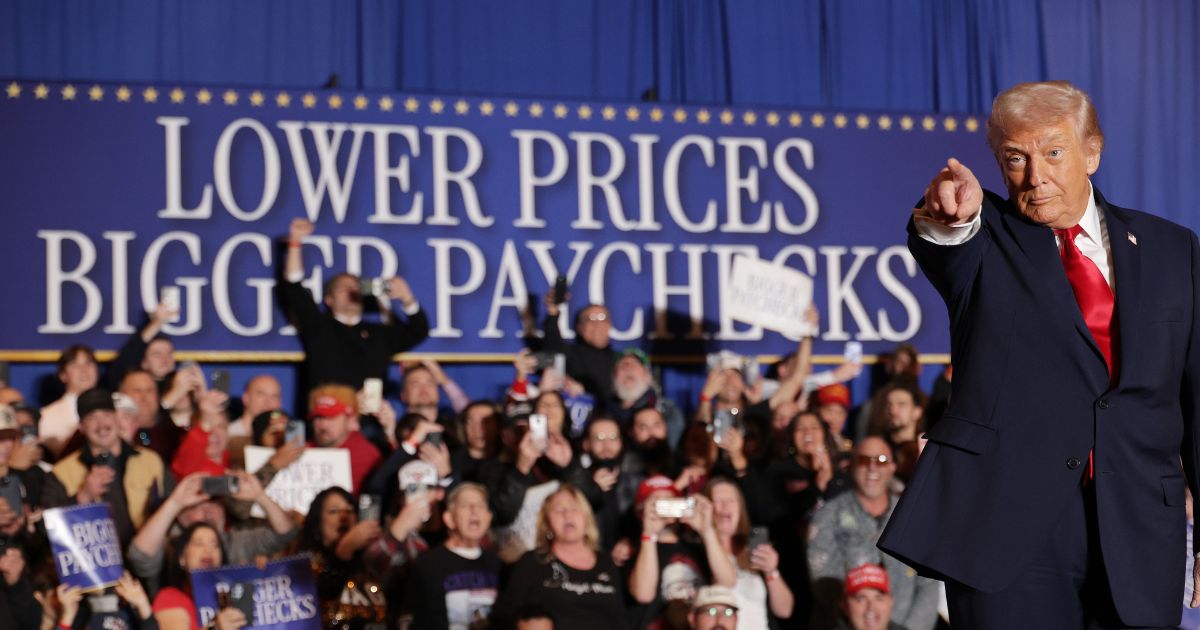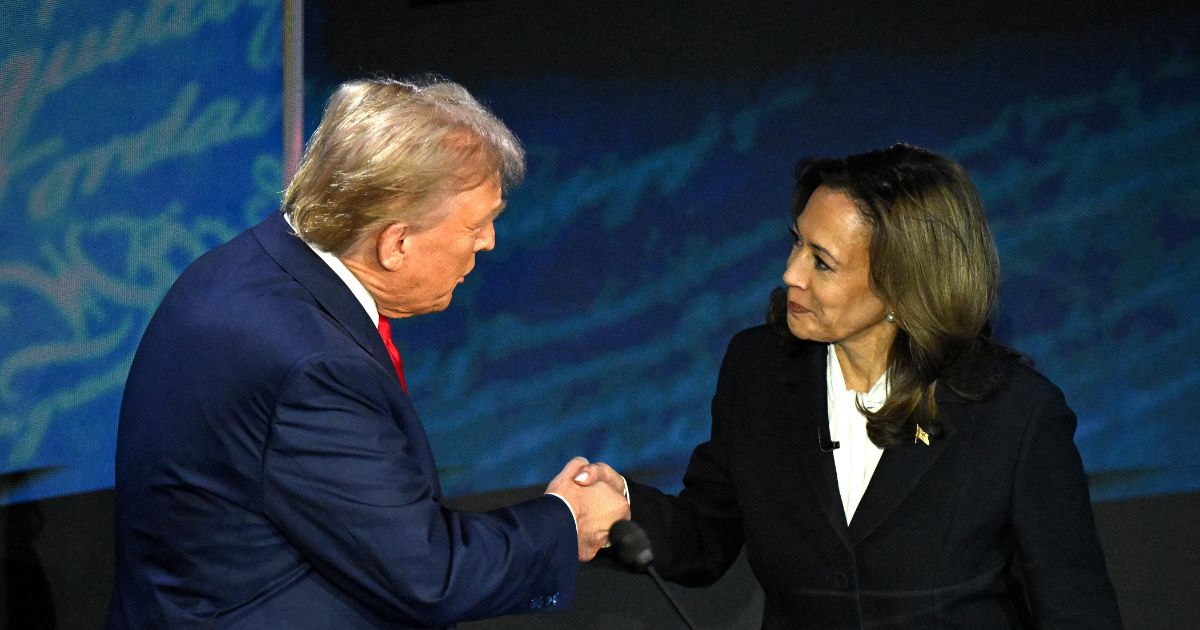NY Democrats Seek To Punish Tesla Over Politics
The article discusses a recent legislative move in New York, where state Senator Pat Fahy has proposed a bill that aims to revoke TeslaS permits for direct sales to consumers. This appears to be a retaliatory measure against Tesla’s owner, Elon Musk, due to his political activities and associations, especially in relation to his support of former President Trump. Historically,New york has allowed Tesla to operate five stores without traditional dealership intermediaries,but Fahy’s bill would reverse this by mid-2026 while permitting Tesla’s competitors to maintain their sales channels.
The article argues that Fahy’s bill violates constitutional principles of federalism, as it interferes with Tesla’s operations sanctioned by federal laws.Furthermore, it contends that targeting Musk thru his business is unconstitutional retaliation against his free speech rights, as protected by the First Amendment. The piece references similar cases where government actions against individuals based on their political speech have been deemed unconstitutional. Ultimately, the author asserts that Fahy’s legislation is part of a broader pattern of politically motivated actions against Musk and tesla, calling for a robust defense of constitutional rights against such governmental overreach. The author emphasizes the need for vigilance in protecting free speech and federalism in the face of what he describes as partisan extremism.
New York state continues its steep descent into lawlessness. A Democrat member of the state legislature who says she is “disgusted” with Elon Musk has introduced a bill targeting sales of Tesla’s electric vehicles (EVs) within the state. State Sen. Pat Fahy, who has championed EVs in the past, now says she wants to pull Tesla’s permits to bypass auto dealerships and sell Teslas directly to consumers at five in-person sales locations. Fahy’s bill is avowedly aimed to punish Musk for his political activities, speech, and associations. “No matter what we do, we’ve got to take this from Elon Musk. He’s part of an effort to go backward,” Fahy said.
Since 2014, the state, which regulates the retail sale of automobiles, has allowed Tesla to sell its products at the five stores instead of through third-party dealerships. In previous years, Fahy, an environmentalist, has sought to lift restrictions on the direct sales of EVs not only for Tesla but for other EV makers. Her new bill represents an abrupt about-face: It would rescind Tesla’s permits as of mid-2026 while allowing Tesla competitors to set up shop.
Fahy is not the only Democrat state official trying to use governmental power to target Musk for his politics. The Wisconsin Supreme Court has just slapped down an effort by the state’s Attorney General Josh Kaul to punish Musk as a felon for offering a $2 million payout to voters who signed an online petition against activist judges. Each of the three courts to review Kaul’s charges threw them out.
But at least Kaul was acting within constitutional limits. Fahy’s bill oversteps them for at least two reasons. The first concerns federalism; the second, freedom of speech.
State Interference with Federal Functions
First, Fahy’s bill violates basic constitutional principles of federalism established as long ago as Chief Justice John Marshall’s classic opinion in McCulloch v. Maryland (1819). Marshall held that the state of Maryland had no power to tax the operations of a congressionally chartered federal instrumentality, the Bank of the United States, that was doing business within the state. He ruled that the states have no power, by taxation or otherwise, to retard, impede, burden, or in any manner control the operations of the constitutional laws enacted by Congress to carry into effect the powers vested in the national government.
Although Marshall referred specifically to illegitimate state interference with Congress, not the executive branch, the same underlying federalism principle applies there as well, although collisions between presidential authority and state regulation are less frequent. Thus, in the 1937 Belmont case, the Supreme Court said that the executive’s foreign policy prerogatives “are to be exercised without regard to state laws or policies.” The court reaffirmed this principle in Garamendi (2003). In Neagle (1890), the court held that the states could not apply their criminal law to a federal marshal, acting in the line of duty, who shot and killed someone attempting to assassinate a Supreme Court justice traveling on official federal business. In a case pertinent to Musk, Justice Hugo Black argued in Barr v. Matteo (1959) that a federal official who was “peculiarly well qualified to inform Congress and the public” about an agency’s employees should not be subjected to state libel laws for expressing his views.
By targeting Musk (through Tesla), New York would designedly be impairing Musk’s ability to give the president his honest, candid, and informed advice about waste and misspending in the government, where to make reductions in force, and what agencies to downsize or shutter. But presidents have a constitutional right to seek and obtain such advice, both from federal officials and from private persons — and they have frequently used such advisors in the past.
This prerogative, which is rooted in the president’s constitutional responsibilities to propose legislation and to execute the laws, was affirmed by the full court in the D.C. Circuit in 2005: “[i]n making decisions on personnel and policy, and in formulating legislative proposals, the President must be free to seek confidential information from many sources, both inside the government and outside.” Earlier, in a 1974 Justice Department opinion, then Assistant Attorney General Antonin Scalia wrote that the president had “the implied power to seek and obtain advice from whomsoever the President deemed necessary in order to faithfully execute the laws.”
Presidents have routinely relied on advisers who, like Musk, have often been drawn from business or academic worlds. President Barack Obama picked Eric Schmidt, then executive chairman of Alphabet, to lead the Pentagon’s Defense Innovation Board. Obama also routinely consulted with frequent White House visitor Al Sharpton, whom Politico described as his “go-to man” on race. President Franklin Roosevelt created “brain trusts” of advisers from (primarily) Columbia and Harvard Law Schools to shape early New Deal policies and used “Dollar-a-Year Men” like General Motors president Bill Knudsen to ramp up defense production. Roosevelt’s trusted advisor Harry Hopkins even lived in the White House, as did “Colonel” Edward House, Woodrow Wilson’s close advisor on foreign affairs. House, Wilson declared, is “my second personality.”
Fahy’s bill is aimed at punishing Musk financially for the confidential relationship he has developed with the president and for the advice he has given him about government operations. Fahy has been open about this purpose. “The bottom line,” she said, “is, Tesla has lost their right to promote these when they’re part of an administration that wants to go backwards.”
The context of her legislation underscores its motivation: it comes in the midst of a nationwide wave of left-wing violence against Tesla vehicles, dealerships, and owners that has been so intense that the FBI has formed a special task force to investigate such attacks. Moreover, Democrat officials in other states have also singled out Musk and Tesla for political attacks: Wisconsin AG Kaul’s junk lawsuit is one example, Minnesota Gov. Tim Walz’s “joke” about the drop in Tesla’s share price is another. And Fahy’s flip-flop on Tesla’s direct sales of EVs is another sign that the purpose of her legislation is hardly to promote competition in the EV market: Why should Tesla be excluded from in-person sales after 2026 when its rivals will have that right? Such claims are transparently pretexts for unconstitutional actions.
Free Speech
Fahy’s bill is unconstitutional for a second reason: It appears to be an act of retaliation against Musk for his speech, whether as a private person or as a “special government employee,” in support of Trump and his administration’s policies. Governmental retaliation for speech that is protected by the First Amendment is plainly unconstitutional.
New York state should know better. Just last May, a unanimous Supreme Court, in a decision written by liberal Justice Sonya Sotomayor, handed the state a massive defeat in a similar “free speech retaliation” case, National Rifle Association v. Vullo. Vullo was a state official who, as superintendent of its Department of Financial Services, allegedly pressured third-party financial institutions whom she regulated to disassociate themselves from the NRA, in order to stifle that organization’s pro-gun advocacy.
The Supreme Court found that the NRA’s claims were plausible: Vullo may have acted for the unconstitutional purpose of using her regulatory powers over third parties to punish or suppress the NRA’s advocacy.
Here the proposed New York law would deploy the state’s regulatory power to strike a serious financial blow at Tesla with a view to punishing or suppressing Musk’s speech and advocacy.
Under the control of the Democrats and in the grip of partisan frenzy, New York state’s rogue judges and prosecutors have disgraced the state’s legal system for years. Now rogue state legislators wish to do the same. Musk and Tesla should strike back hard against this madness in defense of the Constitution, federalism, and free speech.
Robert J. Delahunty is a Washington Fellow of the Claremont Institute Center for the American Way of Life in Washington, D.C.
" Conservative News Daily does not always share or support the views and opinions expressed here; they are just those of the writer."




